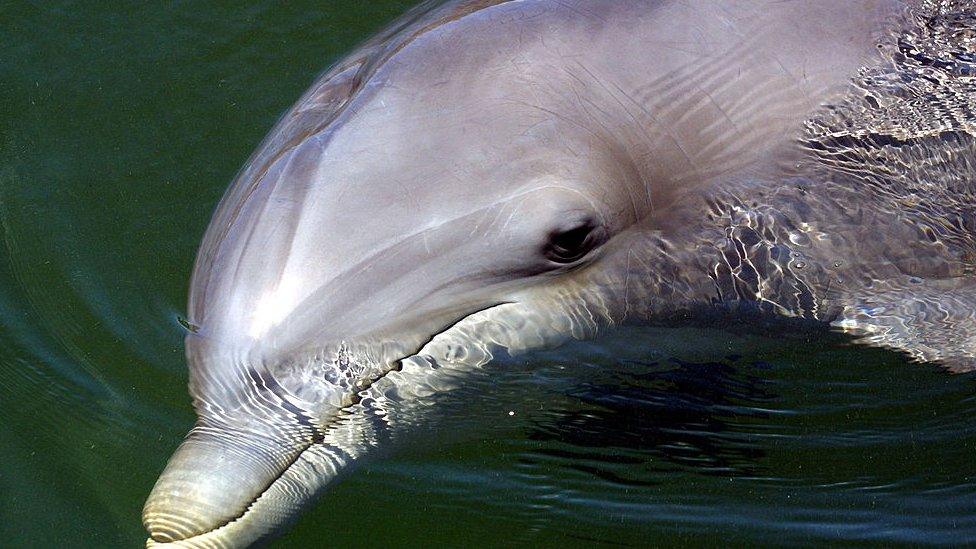Blue whales: Heartbeat reduces to 2 beats per minute when feeding
- Published
- comments
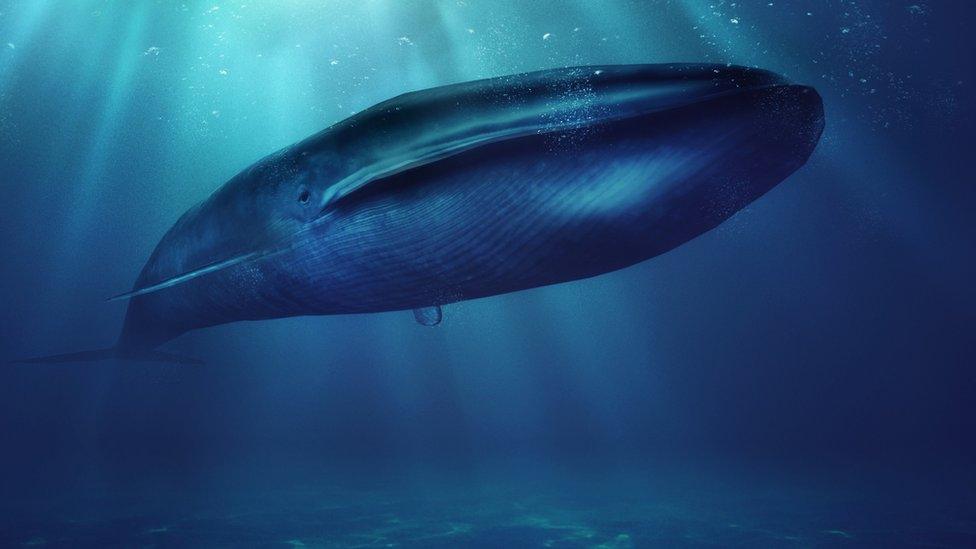
Blue whales can grow up to 30 metres long and weigh up to 200 tonnes!
Blue whales are the largest animals on our planet.
You'd think that their hearts would have to do a lot of pumping to get blood flowing around their extremely huge bodies...but that isn't the case!
Scientists have discovered that blue whales can reduce their heart rates to as low as 2 beats per minute when diving for food.
This is very low considering that their usual resting heart rate is almost 8 times that amount!
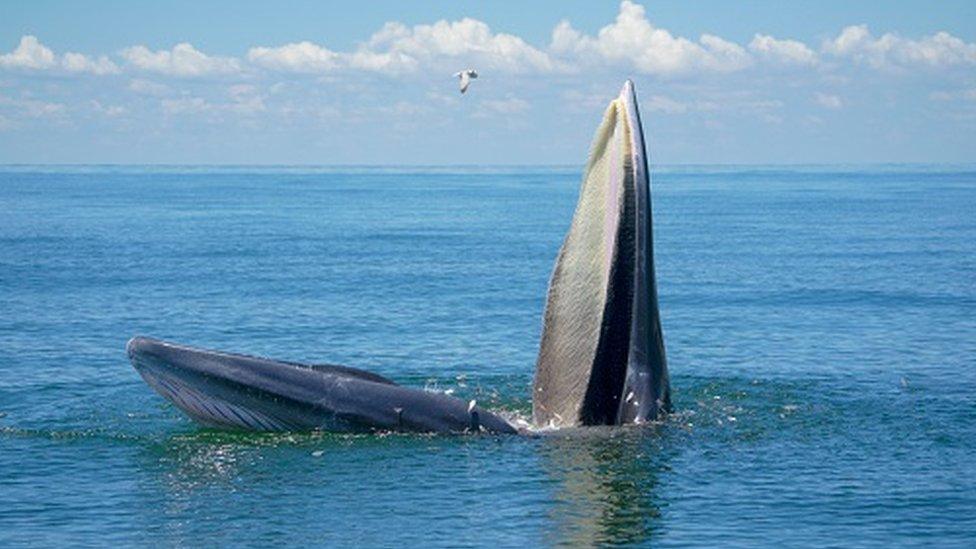
During feeding they open their mouths wide and lunge into action!
It also comes as a surprise as the marine mammals have an interesting way of feeding which requires a lot of energy.
One method is called lunge feeding. This is where blue whales rapidly lunge into swarms of tiny crustaceans, called krill, at several metres per second.
This shows that they have an "extraordinary level of flexibility and control...over their heart rate and blood flow", according to Sascha Hooker at the University of St Andrews in the UK.
As technology continues to advance, scientists are having a whale of a time diving into new information about these fascinating creatures.
- Published23 January 2019
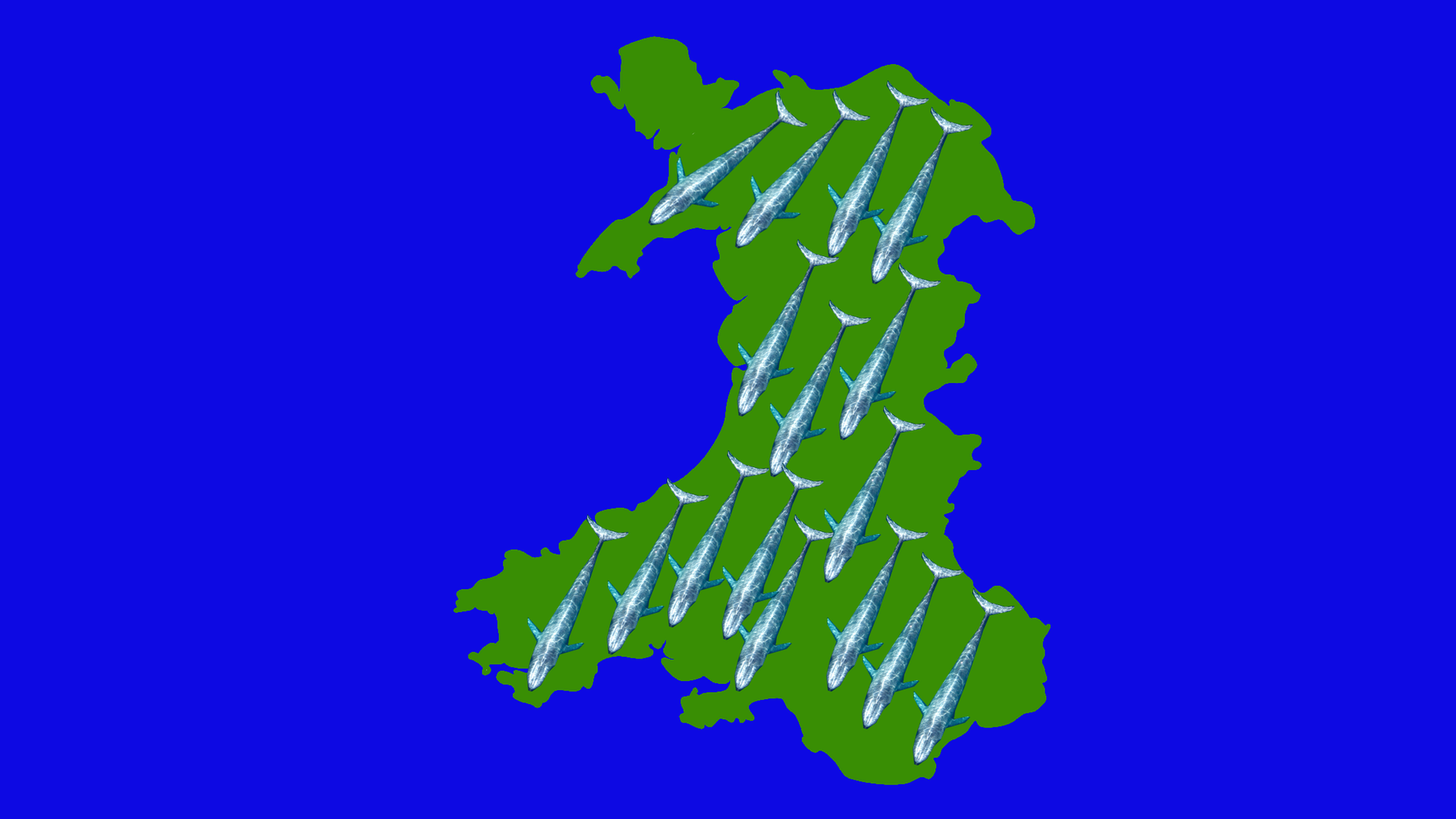
- Published6 November 2019
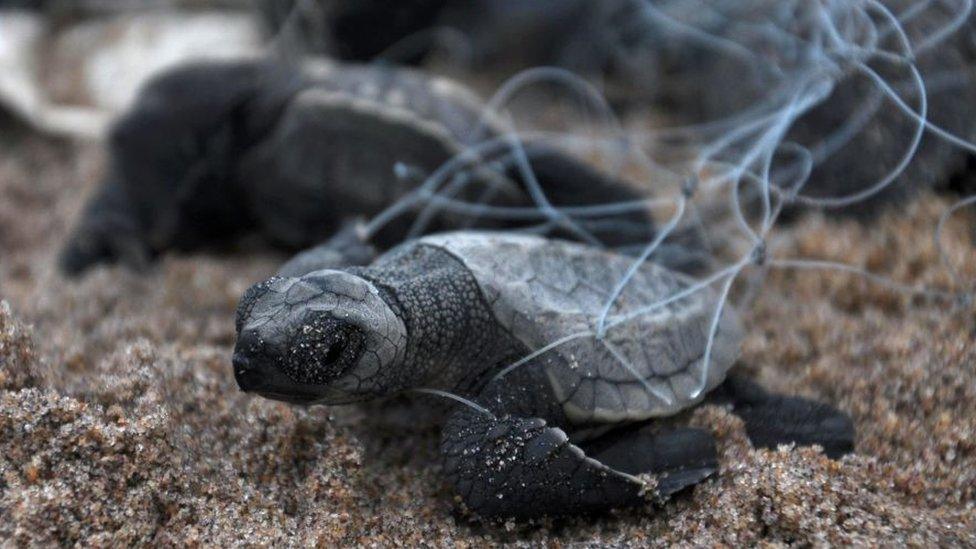
- Published5 August 2019
